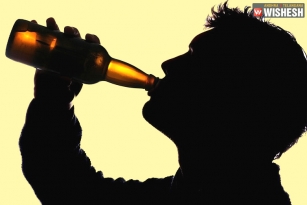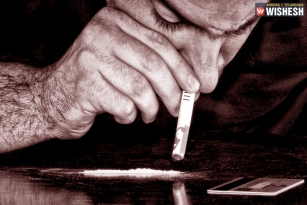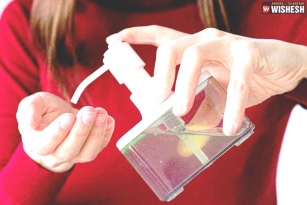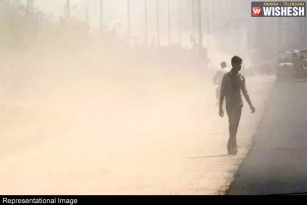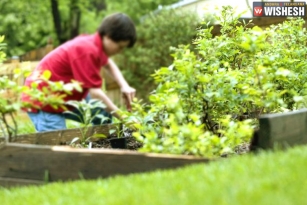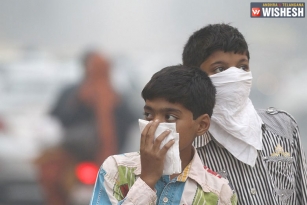
 When substances other than waste water are flushed down the drain, this can cause problems. For example, fats and oils can solidify and cause smells. The following items mustn’t be flushed down the drain:
When substances other than waste water are flushed down the drain, this can cause problems. For example, fats and oils can solidify and cause smells. The following items mustn’t be flushed down the drain:
waste food
paints and solvents
fats, oils and greases
disposable nappies and wipes
condoms
sanitary products
bandages and dressings
animal waste
cotton wool and cotton buds
razor blades
fuel
Be careful making new connections to drains
Foul and surface water drains and sewers are usually separate systems, particularly for houses built in suburban areas after 1950. Be careful to connect to the correct drain or sewer if: you make a new connection you change the plumbing arrangements of your house (for example, the outflow from a washing machine) if you put foul matter into a surface water drain, you will cause pollution and might be prosecuted. If you connect surface water drains to a foul sewer, you might contribute to sewer flooding. You need to notify the water and sewerage company if you intend to connect to any of the sewers or drains for which they are responsible.
Plant vegetation away from drains
Keep vegetation away from drains and sewers if possible. In general, where a pipe is less than one metre deep: route new drains and sewers at least three metres from existing trees plant new trees at least three metres from an existing sewer here a pipe is more than one metre deep, the distance can be reduced to two metres.





